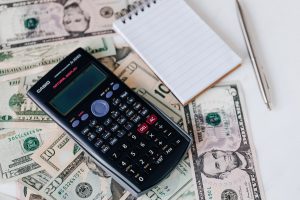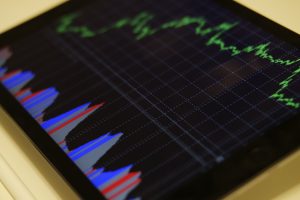The Forex market presents traders with inspiring chances to make money off fluctuations in currency exchange rates. However, along with potential gains comes the obligation to understand and handle the tax consequences of Forex trading. Calculating Forex trade tax accurately is essential to ensure compliance with tax regulations and to avoid unnecessary consequences. This comprehensive post will go over the secret of how to calculate Forex trade tax.
1. Determine Your Tax Status
Identifying your tax status is the first step in calculating Forex trading taxes. In the United States, the Internal Revenue Service (IRS) must be informed of traders’ profits since Forex trading is considered a business. Tax authorities categorize traders into two main groups: casual traders and professional traders. Casual traders often face less stringent tax requirements compared to those who trade Forex as their primary source of income.
2. Keep Accurate Trading Record
The second step to calculating Forex trade tax is to keep an accurate record of all of your trades, including the date, time, currency pair, buy/sell price, profit or loss, and associated costs such as brokerage fees. It is crucial to maintain them for at least three years because the IRS may need these data for an audit.
3. Calculate Your Capital Gain
Your profits will be taxed as capital gains if you are a casual trader. The tax on capital gains is levied when an asset is sold for a profit. The amount of time an asset was held before being sold affects the capital gains tax rate.
Assets kept for less than a year are subject to short-term capital gains tax, whereas those held for more than a year are subject to long-term capital gains tax. Long-term capital gains are taxed at lower rates than short-term capital gains, which are subject to the same rates as normal income taxes.
You need to determine your net profit or loss for the year in order to calculate your capital gains tax. The total of your annual gains and losses is your net profit or loss. If your net profit is in the black, you’ll need to pay capital gains tax on it. You may subtract the amount of your net loss from your taxable income if it is negative.
Calculating Self-employment Tax
Profits earned as a professional trader are subject to self-employment tax. The tax on revenue derived from self-employment activities is known as self-employment tax. The employee and employer portions of Social Security and Medicare taxes must be paid by self-employed people.
The employee and employer portions of Social Security and Medicare taxes are added to arrive at the self-employment tax rate of 15.3%. 7.65% is the employer portion, and 7.65% is the employee portion.
You need to determine your net profit for the year in order to calculate your self-employment tax. The total of your annual profits and losses is your net profit. In addition to any income tax owed, you will also be required to pay self-employment tax on your net profit.
Deducting Business Expenses
You are permitted to deduct business expenses from your taxable income as a Forex trader. Any costs associated with your Forex trading business, such as internet fees, computer hardware, and trading software, are referred to as business expenses.
You must maintain complete records of all your spending in order to deduct business expenses. These costs can be written off against your net profit or income, which will lower your taxable income and hence lower your tax obligation.
Conclusion
Maintaining your financial stability as a Forex trader requires you to calculate your trade tax. Calculating Forex trader taxes can be a complex process. However, it is very important for traders to keep accurate records of their trade and determine their tax status. Traders must be aware of the tax implications of their trading activity, keep accurate records, and adhere to the proper tax laws. Whether you are a professional or a casual trader, knowing your local tax laws and getting expert guidance will help you confidently navigate the complicated world of Forex trading taxation.






